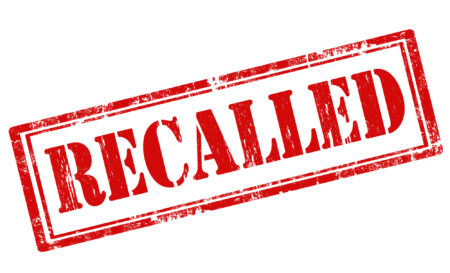I’d like to talk about something that’s been bothering me for a while. One hears commonly in the hospital arena that nurses should spend more time on patient care, or that nurses should be relieved of activities that are not directly related to patient care. The problem with this attitude, however, is that when we talk about patient care-related activities, anything having to do with materials or inventory management ends up being excluded. And this, in turn, ends up hurting the quality of patient care and putting the patient at risk.
For example, if a hospital is committed to ensuring the availability of electronic medical records, electronic billing records, and so on, then shouldn’t it also want to ensure that: (a) relevant information always gets inputted into that record; and b) that information is 100% accurate? If so, then shouldn’t it also be a standard part of the clinical staff’s responsibility to document ANY and ALL information that’s relevant to that patient’s record? I would argue that, yes, it must be. Documentation is as much a part of the patient care process as administering the right drug or assisting a physician with surgery. We don’t question the need for the staff to document the amount of drugs administered or the patient’s vitals, so why do we question the need for them to also document the clinical products, devices and supplies which are essential to delivering care?
I believe that proper documentation should be considered a critical component of completing a patient’s procedure or treatment. One clear benefit of proper documentation is that it prevents expired products from being implanted or used in procedures, and also expedites recall tracking to individual recipients, thereby minimizing adverse events.





